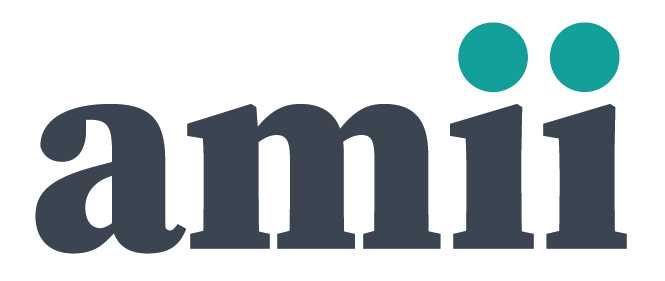Issue 9 | October 2024
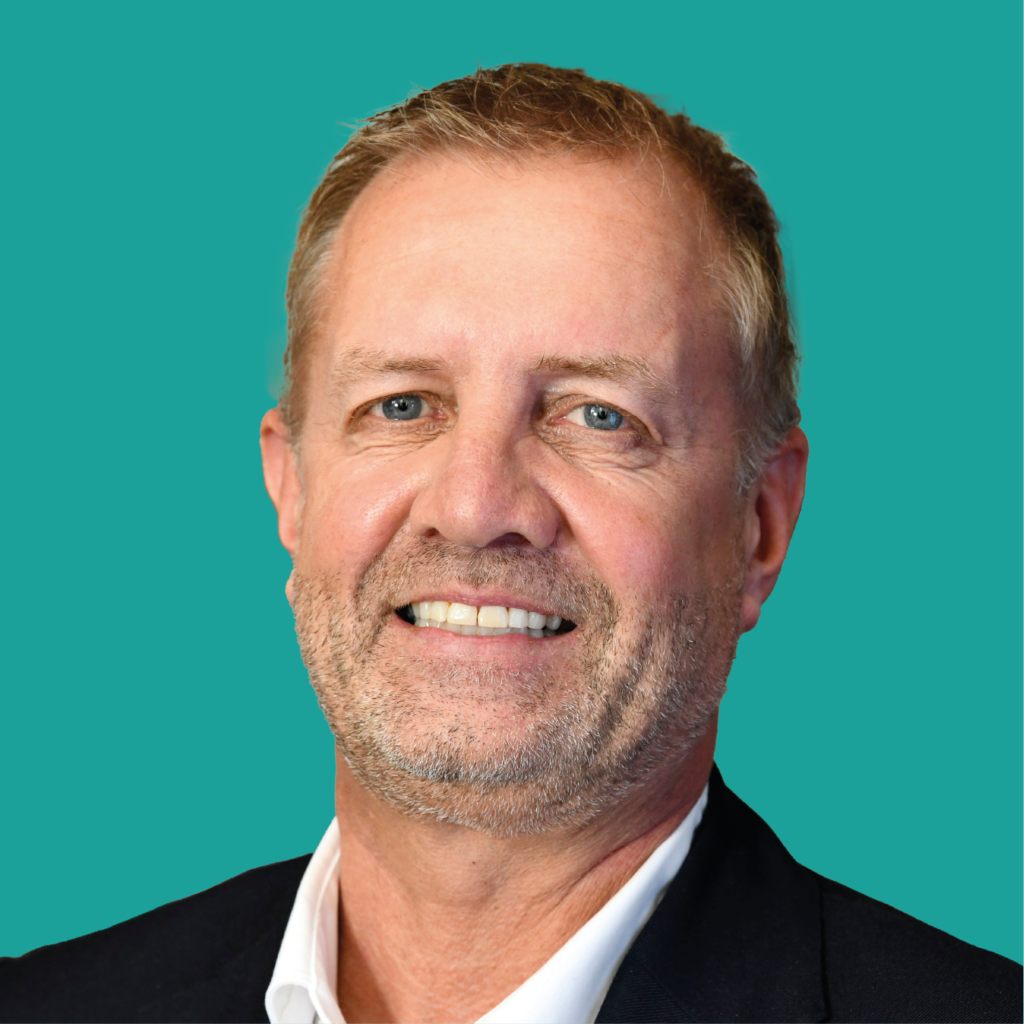
Hello
And welcome.
Dave Middleton, Executive Chair, amii
Welcome to the latest amii members’ newsletter.
Our November summit is fast approaching and I am very much looking forward to seeing familiar faces and meeting some new ones at the fantastic venue, One Great George Street, London. If you haven’t already signed up please do so. There are still places left, but they are filling up quickly.
Our speakers include ex professional footballer, Paul McVeigh, who will be sharing stories of how his mindset helped him rise to the top of his profession and how we can all take this into our work and personal lives and Professor Gordon Wishart talking about the current challenges within cancer provision. Dermie AI’s Yasmin Greenaway will provide an insight into how AI is impacting the Health and Wellbeing space and there will be panel discussion on the economy and its effect on healthcare. In addition, PHIN’s CEO, Dr Ian Gargan will be talking about their work in our sector and amii compliance consultants, UKGI, will be providing an update on what is happening now and in the future in the ever complicated world of compliance.
You can register for the summit here.
This newsletter includes some really interesting articles from New Leaf on the philosophy of wellbeing, Euro- Center’s thoughts on addressing the UK’s healthcare challenges, plus an article from our PR consultants Chapter 11 about the importance of personal branding on LinkedIn.
We are continuing to produce webinars and podcasts which I hope you get chance to listen to; they can be accessed in the member area of the website. Please look out for my next podcast with Heather Smith, CEO of AXA Health, who will be sharing her career story and talking more broadly about ‘women in insurance’ and some of the challenges that she has faced and overcome.
I will update you at the summit as to where we are with the comparison tool and our exciting industry training initiative.
I very much hope to see you next month.
Newsletter Contents.
Allie Dransfield, Head of PR at Chapter II.

How to be Your Clients’ Go-To Advisor.
The Philosophy of Wellbeing.
Talking philosophy may feel quite heavy or deep, but before we start, in just a couple of sentences: what does wellbeing mean to you?
Wellbeing is a term that means a lot of different things. At home, wellbeing might mean having a healthy and happy family or having the time to catch up with your friends regularly. At work, it could mean having job security, flexible working, a good pension scheme, or even having access to more tangible benefits to support you and your family.

From an employer’s perspective, it’s often about getting the most out of their employees by supporting their physical, social, financial, and mental wellbeing – often referred to as the 4 key pillars of wellbeing.
In other words, wellbeing is highly contextual. Here at New Leaf Health, we’ve been training wellbeing consultants and leaders for over 26 years and in that time, the key focus has shifted significantly. At the start of our journey the word wellbeing was rarely used – the buzz word was ‘health’ and the desire for a healthy workplace. Making a case for health promotion activities in the workplace was a low priority. But now, the principles of wellbeing are well documented and evidenced by countless studies. It is more holistic and considered, and very much a priority for most companies; 53% of businesses in the UK are now working from a structured wellbeing strategy (CIPD Health & Wellbeing at Work Report 2023).
The main focus of our work now is the ‘how’. Every workplace is different, and there’s no one-size-fits-all approach to initiating wellbeing interventions; every element has to be aligned to the company’s overall philosophy towards wellbeing.
What is a Wellbeing Philosophy?
Your clients will have a philosophy for their wellbeing programme. This might be a documented within their wellbeing strategy, or it may just be a general sense or feeling about the culture of their workplace.
Fundamentally, though, it’s comprised of the behaviours and attitudes towards wellbeing of the key stakeholders in the business. These stakeholders include:
- Owners and investors
- Board, executives, and senior executives
- Line-managers and supervisors
- Employees
- Customers
- Suppliers
All stakeholder values on wellbeing are equally important, but it’s crucial to note that some groups may not be as well represented as others. If your role encompasses that of a wellbeing advisor, you can’t necessarily do anything about this, but it’s still an important consideration.
Phil Olding, CEO of New Leaf Health, offers insight on this point:
“In a business, the attitudes and values of every single individual contribute towards the wellbeing philosophy of the company. If a philosophy is set at policy-level, it’s important to note that in the role of a wellbeing advisor, you must consider the potential disconnect between the policy goals and the real-world values of the stakeholders. When speaking to clients, you may need to address this in a wider context and help to bridge the gaps.”
To help you understand this further, you and your organisation should develop a philosophy on what wellbeing means to you, and what the values and behaviours you associate with what ‘being well’ are. Most importantly, this philosophy needs to be consistent across your organisation.
The Principles of Wellbeing
It’s important to consider the key principles of wellbeing when attempting to understand an organisation’s philosophy. This will help you understand what your client is striving to achieve, and where your products fit into the bigger picture of wellbeing.
There are many models you can research around the key principles of wellbeing but, the 4Es present a very strong framework for you to consider:
- Equity: Make sure that all health and wellbeing initiatives are accessible to all. For example, key production workers may not be able to take time away from their post to attend mental health training at head office.
- Equality: Wellbeing campaigns need to respect all staff, without discrimination. For example, if you’re promoting physical activity, there should be session appropriate for all abilities, ages, and cultures.
- Empowerment: Initiatives should make staff feel like they have control over the process and their involvement. Activities should improve self-awareness, self-esteem, and decision-making around their own wellbeing.
- Engagement: Look at wellbeing holistically and involve staff in all aspects. When organising a campaign, staff should be able to voice what’s important to them, and their feedback should be taken into consideration.
This last point is arguably the most important, as it encourages leadership to take a step back and look at wellbeing as a whole in the business. And this is where philosophy plays a pivotal role. A wide range of health and wellbeing benefits isn’t an effective approach unless all aspects are considered when working towards a key goal – that being fundamental wellbeing philosophy.

How to Fill the Wellbeing Consultant Role for Your Clients
We know how difficult it is to be a wellbeing consultant – and here at New Leaf we do it by choice!
When you’re thrust into the consultant role by nature of your products, it can be daunting to consider all the other aspects of wellbeing too. If you take the time to understand where your products fit into your clients’ wellbeing philosophy, however, you can develop a more supportive, consultative relationship.
Here are a few key pointers to help you be the go-to wellbeing consultant for your clients:
- Understand Your Wellbeing Philosophy: What does wellbeing mean to you and your organisation? How can you relate that to your client’s needs?
- Understand Your Client’s Philosophy: Know what your client is trying to achieve and why. If this is documented in their wellbeing strategy, ask your client if you can have a look at it.
- Map Out Their Wellbeing: It can be incredibly helpful to map out the full wellbeing services that a client offers – this helps you understand where you fit in as part of the wider picture.
- Make the Links: Establish how your products correlate with their wellbeing aims and goals. Networking and collaboration are instrumental in the development of a wider understanding of workplace wellbeing – the more you know the more you can contribute.
- The Vision: Explain the vision of how your products sit within a wellbeing programme – and therefore support their overall philosophy.
How to Fill the Wellbeing Consultant Role for Your Clients
Now that you’ve read through this article, consider this question again:
What does wellbeing mean to you?
Whether your answer is the same or different, it doesn’t matter – but now you should be able to identify the underlying philosophy behind your response. That is what drives the wellbeing decisions that your clients make, and that should also direct how you interact with your clients when it comes to engaging clients with your products.
At heart, you’re a wellbeing philosopher, but you just don’t know it yet. Take these tips away, have a think about them, and consider their implications next time you’re talking to a client.
If you want to hear more about our journey in understanding the philosophy of wellbeing, or you’d like to share some of your experiences, we’ll be at the Amii Summit this November – come and see us! If you can’t make it, to the Summit, be sure to connect with us to start a wellbeing conversation.
Have you registered to join the for Members Only section of our website?
The for Members Only section of our site provides a wealth of content for members, as well as access to all the benefits that being a member of amii provides. If you haven’t done so already, please do register to take advantage of everything your membership offers. You can do so by following the link below.
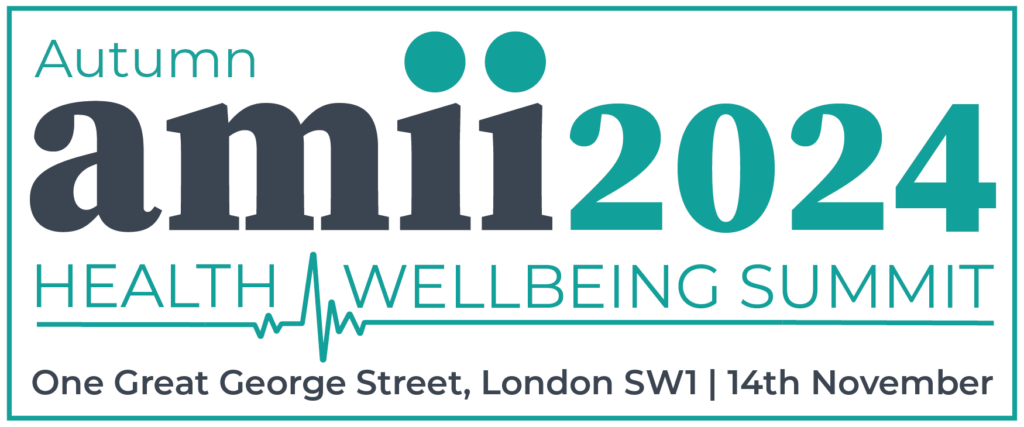
The Autumn Summit is shaping up to be our best ever.

The day kicks off with a warm welcome and ample networking opportunities, setting the stage for meaningful connections that could shape the future of your business. As you settle in, prepare to be energized by Dave Middleton, amii’s visionary Executive Chair, who will deliver a rousing address to set the tone for a day of innovation and growth.
Next, brace yourself for a deep dive into one of healthcare’s most pressing issues with Professor Gordon Wishart, Founder & Chief Medical Officer of Check4Cancer. His session on “The current challenges with cancer provision and navigating your way out of the perfect storm” promises to offer invaluable insights and strategies for tackling this critical area of healthcare.
The momentum continues with Yasmin Greenaway FRSA, Founder and CEO of Dermie.AI, who will take us on an exhilarating journey through “AI’s Influence on Health and Wellbeing: Present Realities and Future Prospects.” This forward-looking presentation is sure to spark ideas and conversations about the transformative potential of AI in our industry.
After a refreshing break, gear up for one of the day’s highlights – a dynamic panel discussion featuring some of the industry’s most influential voices. Claire Ginnelly, amii Executive Vice Chair, will lead a powerhouse panel including Lindsay Davis from Bupa, Paula Coffey from UNUM, and Dr. Katie Tryon from Vitality. This session on “the economic landscape, including its ripple effects on private healthcare” promises to be expert analysis and strategic foresight. Expect lively debate and diverse perspectives with actionable insights that will help you navigate the complex interplay between economics and healthcare.
As we approach midday, Nikki Bennett, Managing Director of UKGI Compliance, will deliver a crucial update on compliance issues, including the FCA’s published findings on the Consumer Duty price and value outcome. In today’s regulatory environment, this session is an absolute must for staying ahead of the curve and ensuring your operations are fully compliant.
After a networking lunch that’s sure to buzz with excited conversation, Dr. Ian Gargan, Chief Executive of Private Healthcare Information Network (PHIN), will shed light on PHIN’s vital role in our industry. His presentation will offer clarity on how PHIN’s work can benefit you and your clients, potentially opening new avenues for service improvement and client satisfaction.
The day reaches its crescendo with an electrifying keynote from Paul McVeigh, former Premier League and International footballer turned international speaker. Drawing from his unique experiences, Paul will delve into the power of mindset and its profound influence on both our personal and professional lives. Prepare to be inspired and equipped with practical strategies to elevate your performance across all aspects of life.
As the formal proceedings draw to a close, the excitement continues with a vibrant drink’s reception. This final networking opportunity is your chance to cement new connections, discuss the day’s insights, and perhaps even spark collaborations that could shape the future of our industry.
We look forward to seeing you there for a day that promises to be as enlightening as it is energising!

Addressing UK's Healthcare Challenges
Euro-Center's Potential Role.
We read and hear daily about the unprecedented challenges faced by the NHS, with waiting lists reaching alarming levels.
As of July 2024, the British Medical Association (BMA) reported* that the waiting list stood at 7.62 million cases, affecting approximately 6.39 million individual patients.
- Of these, about 3.14 million have been waiting over 18 weeks for treatment.
- Nearly 290,300 patients waiting over a year.
- The average waiting time for treatment has increased from 7.5 weeks in 2019 to 13 weeks in 2024, indicating a worsening trend.
These figures don’t include non-consultant led treatments or patients waiting for follow-up care, suggesting an even larger hidden backlog.

With the private healthcare sector in the UK also at capacity and facing staff shortages, many patients are considering alternatives. The Office for National Statistics (ONS) reported** that approximately 348,000 people travelled abroad from the UK for healthcare in 2022. Furthermore, 27% of surveyed individuals stated they would consider treatment abroad if it were affordable.
This growing interest in medical tourism is not just a trend, but a promising opportunity. It presents a chance for companies like Euro-Center, a new amii Corporate member, to offer solutions that could significantly benefit both patients and the healthcare industry. By tapping into this trend, it cannot only alleviate the strain on the UK’s healthcare system but also provide patients with more affordable and accessible treatment options says Mate
Although medical tourism is popular in many locations worldwide, Euro-Center suggests that Spain emerges as a particularly suitable destination for UK patients seeking treatment abroad mainly because:

Euro-Center is a global emergency medical assistance company owned by German re-insurer MunichRe. With over five decades of experience in assisting travellers and expatriates, Euro-Center says it is well-positioned to address some of the challenges faced by UK patients. That is why they are exploring ways to expand services to include health tourism and elective treatment support abroad for British patients. Their Key Capabilities:

The Importance of
Personal Branding on LinkedIn.
Allie Dransfield, Head of PR at Chapter II.
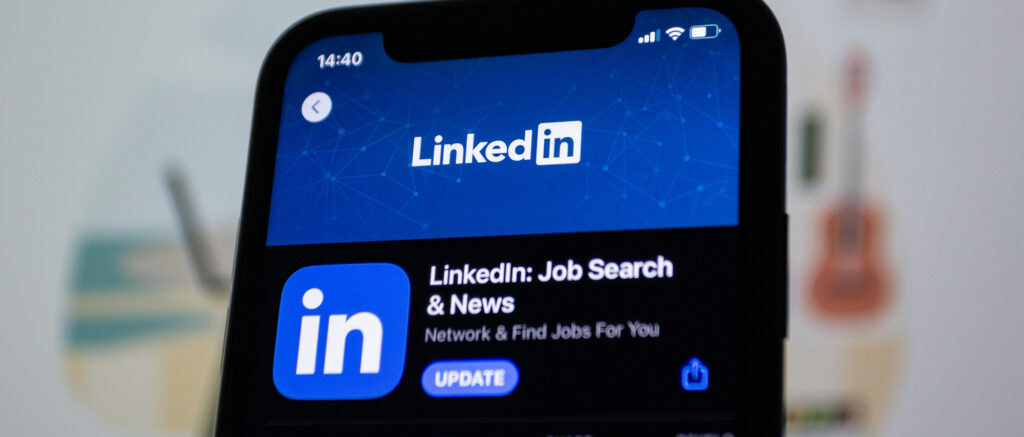
Personal branding is the practice of marketing oneself and one’s career as a brand, presenting your skills, experiences, and values cohesively and intentionally. On LinkedIn, the world’s largest professional network with over 900 million members, personal branding is crucial because it helps individuals stand out, connect with the right audience, and open up new career opportunities.
Here’s why taking your personal branding seriously on LinkedIn can make all the difference.

LinkedIn is an enormous and competitive platform, with millions of professionals vying for attention. Whether you’re looking for a job, clients, or simply seeking to build your professional network, having a strong personal brand is key to distinguishing yourself from the competition. With recruiters and decision-makers frequently using LinkedIn to find candidates, a well-curated profile can make all the difference.
Your personal brand is essentially your professional identity, and it sets you apart by showcasing what makes you unique. A robust LinkedIn profile highlights your expertise, experience, values, and what you bring to the table that others may not. This involves more than just listing your job titles and responsibilities. By telling your story, sharing your passions, and demonstrating how your experience aligns with your goals, you create a more compelling narrative. For instance, adding rich media content such as videos, presentations, or blogs can further enhance your visibility and create a memorable impression.
A well-constructed LinkedIn profile that reflects your personal brand also makes you more discoverable. LinkedIn’s search algorithm prioritizes profiles with complete, optimized sections. A clear headline, well-written summary, and specific skills can increase your chances of appearing in search results when potential employers or collaborators are seeking someone with your expertise.
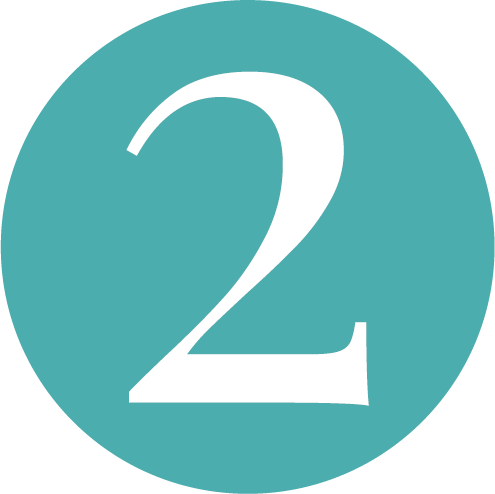
Personal branding on LinkedIn isn’t just about visibility; it’s about credibility. Establishing trust and demonstrating your value are key components of success in any industry. When people trust you, they are more likely to engage with you, endorse your skills, and recommend you to others. A professional, authentic LinkedIn profile serves as a powerful credibility-building tool.
One of the ways to establish credibility is by demonstrating thought leadership. Regularly sharing valuable insights, commenting on industry trends, and contributing original content can position you as a leader in your field. LinkedIn articles, for instance, allow users to showcase their expertise through in-depth posts that go beyond the standard status update. Additionally, engaging with others’ content by liking, sharing, or offering thoughtful commentary demonstrates that you are active and invested in your field.
Endorsements and recommendations are another critical component of personal branding on LinkedIn. When colleagues or clients vouch for your skills and character, it provides social proof that you are competent and trustworthy. A collection of authentic endorsements can greatly enhance the credibility of your profile, making it more likely that others will reach out to work with you or recommend you for new opportunities.

A well-developed personal brand on LinkedIn opens doors to countless networking opportunities. LinkedIn isn’t just a place to upload your resume; it’s a platform for building meaningful relationships with other professionals. Whether it’s connecting with peers, mentors, or potential clients, LinkedIn offers unique opportunities to engage with a vast network of individuals who can help you grow your career.
Personal branding plays an essential role in attracting the right people to your network. When your LinkedIn profile clearly communicates your values, expertise, and goals, it becomes easier for others to identify with you and see the potential for collaboration. Rather than simply connecting with as many people as possible, your personal brand allows you to attract relevant connections who align with your professional aspirations.

While LinkedIn is a professional platform, it’s also an excellent space to showcase your personality. Personal branding is not only about your professional achievements but also about showing who you are as a person. When potential employers or clients get a sense of your personality, values, and passions, it can create a deeper connection and make you more memorable.
For example, your LinkedIn summary is an ideal place to highlight not just your skills but also your personal journey, challenges you’ve overcome, and what drives you. By offering a glimpse into your personality, you humanize your profile and make it easier for others to relate to you on a personal level. Authenticity is key here—people are drawn to genuine individuals, and LinkedIn is an opportunity to present yourself in a way that feels true to who you are.
In conclusion, personal branding on LinkedIn is a powerful tool that can significantly impact your career trajectory. From standing out in a crowded marketplace to building credibility, attracting networking opportunities, and showcasing your personality, personal branding is key to making the most out of what LinkedIn offers. By curating a professional and authentic presence, you not only enhance your visibility but also open yourself up to new possibilities, creating a lasting impression that can drive your career and company forward. Feel free to send me an invite on LinkedIn if you have enjoyed reading this!
